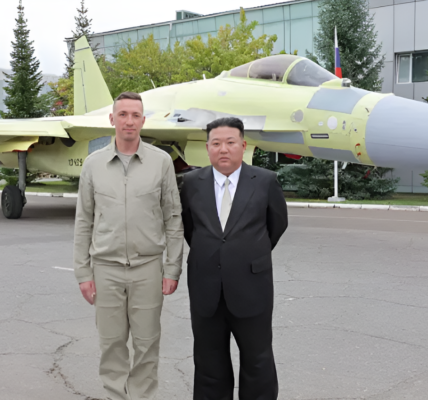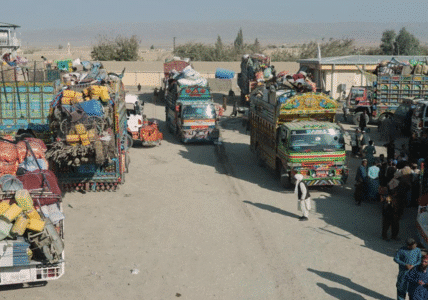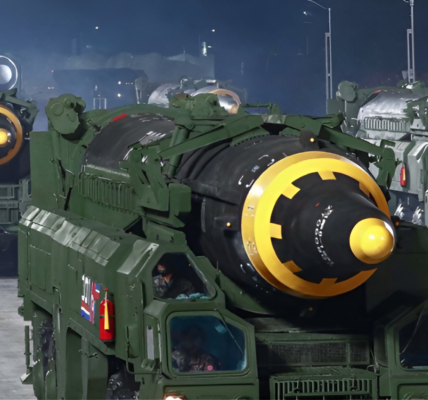
Chair of the NATO Military Committee, Admiral Rob Bauer, recently underscored the pivotal role Russia’s nuclear arsenal plays in preventing direct military confrontation between the Western powers and Moscow. Speaking at a defence summit in the Czech Republic on November 10, Bauer pointed to Russia’s nuclear weapons as the key difference between the situation in Ukraine and previous conflicts such as the Taliban in Afghanistan. He stressed, “I am absolutely sure if the Russians did not have nuclear weapons, we would have been in Ukraine, kicking them out.”
Bauer’s remarks come amid growing concerns within NATO about the escalation of Russia’s nuclear rhetoric, which has intensified following the decline of Russian conventional military power after the Soviet Union’s collapse. While NATO’s conventional forces are still considered vastly superior, the expansion of Russian ground forces and the limitations of European militaries have led some analysts to challenge the assumption of Western military superiority. The resurgence of Russia’s defence sector since 2022 has further complicated the security landscape, prompting questions about the West’s strategic position.
The significance of nuclear weapons in deterring Western military actions is not new. Russia, China, and North Korea have all heavily invested in their nuclear arsenals, viewing them as essential for safeguarding against potential Western interventions. Despite these deterrents, European calls for escalated action in Ukraine have grown louder, with leaders from the UK, France, and other EU countries pushing for more aggressive military operations. British and French officials have advocated for joint cruise missile strikes from Ukraine into Russian territory, while French President Emmanuel Macron has hinted at possible ground force deployments as part of a strategy to ensure Russian defeat.
While European leaders continue to press for greater involvement, the Biden administration has maintained a more cautious stance. However, with the expected inauguration of a second Trump administration in 2025, the gap between European and American approaches to the conflict is set to widen further, potentially preventing large-scale ground force deployments in Ukraine due to U.S. opposition.
In parallel with these political tensions, Western military personnel have already played a significant role in Ukraine, with advisers, contractors, and volunteers working alongside Ukrainian forces since 2022. British Royal Marines, SAS advisers, and other Western personnel have supported Ukrainian offensives, including on the front lines against Russian positions. More recently, the Forward Observations Group, a U.S. military organization, confirmed that its personnel have been involved in operations in Russia’s Kursk region, adding to the growing number of Western combatants in Ukraine.
Despite Russia’s nuclear deterrent, it has failed to fully prevent Western involvement, particularly in terms of ground support and military advisory roles. This ongoing contribution of Western forces in Ukraine, although short of the larger scale operations that some European leaders advocate, has been significant in shaping the conflict. The situation raises critical questions about the future of NATO’s engagement and the limits of nuclear deterrence in modern warfare. As the war continues, the West will likely face hard choices in balancing its strategic objectives with the risks of escalation.




